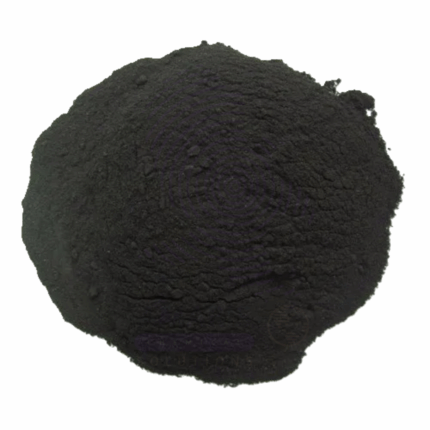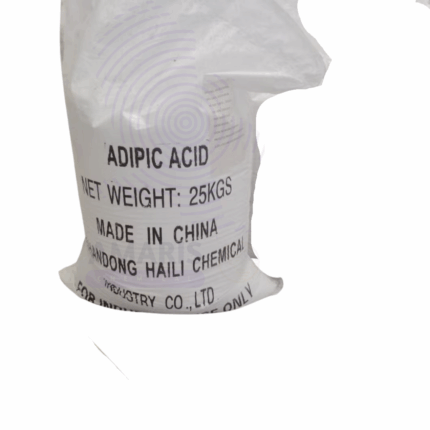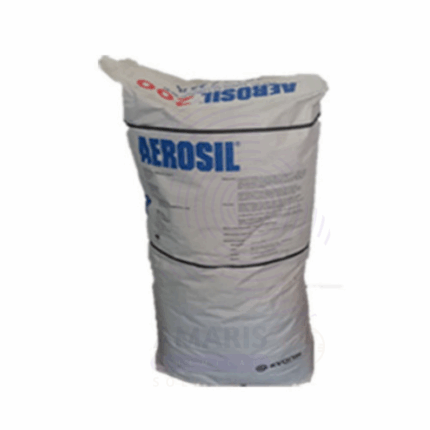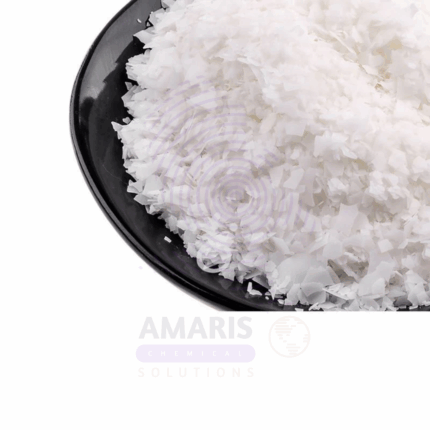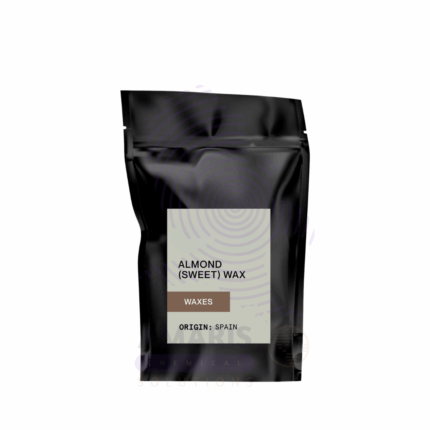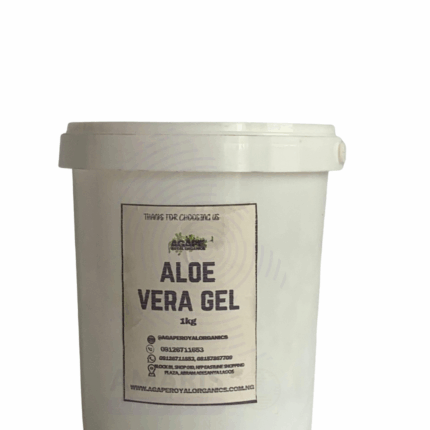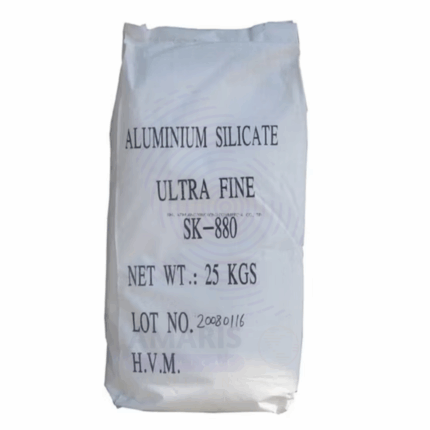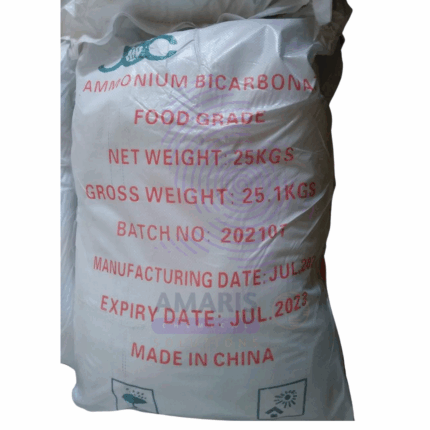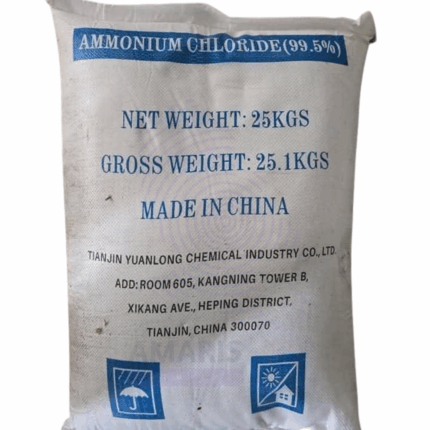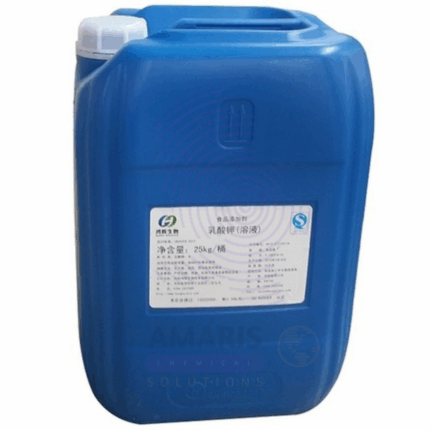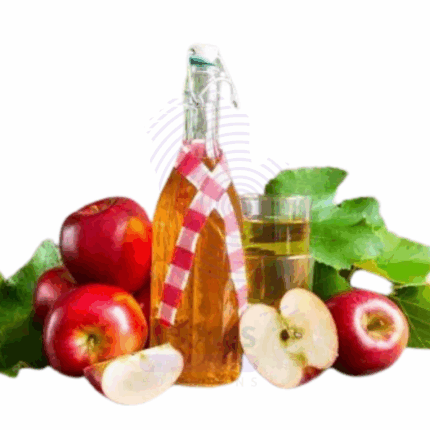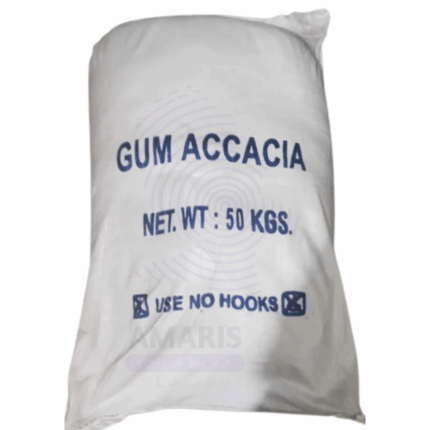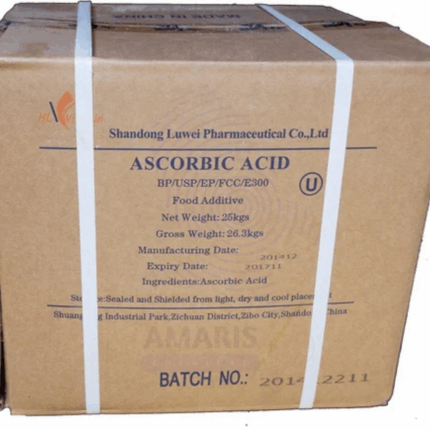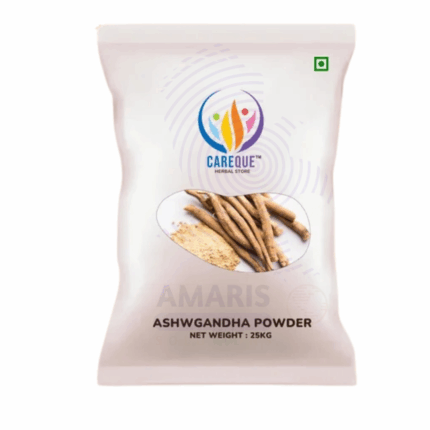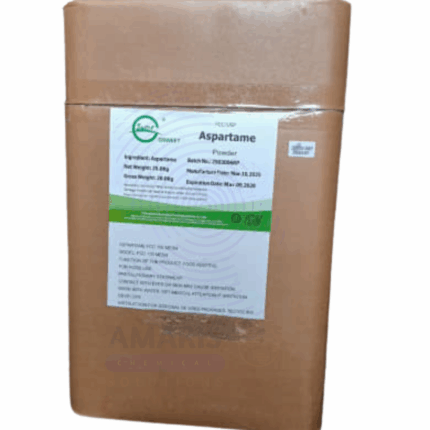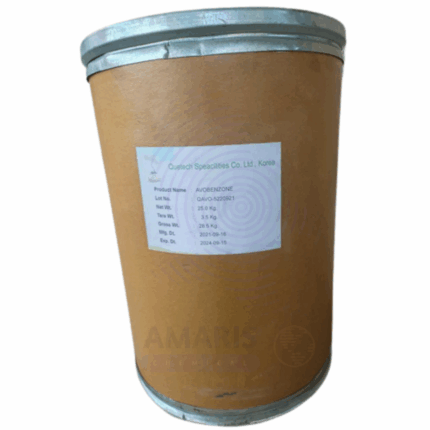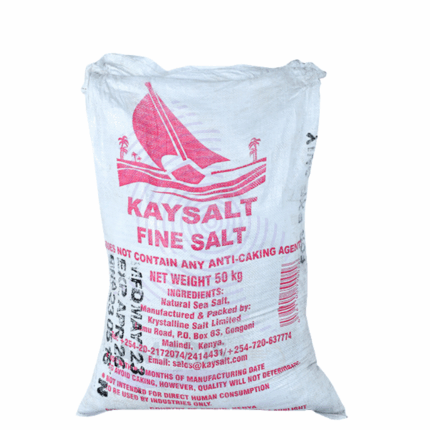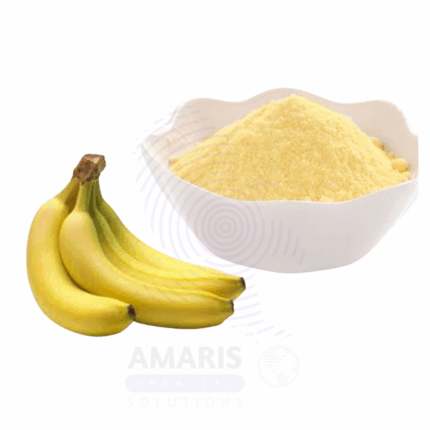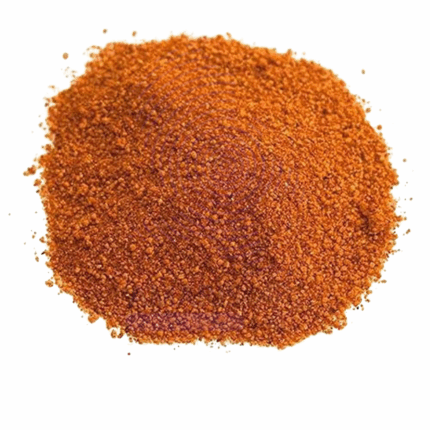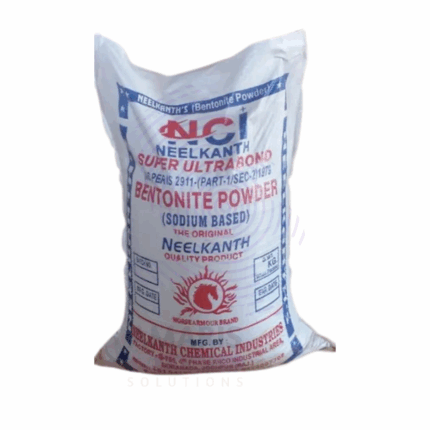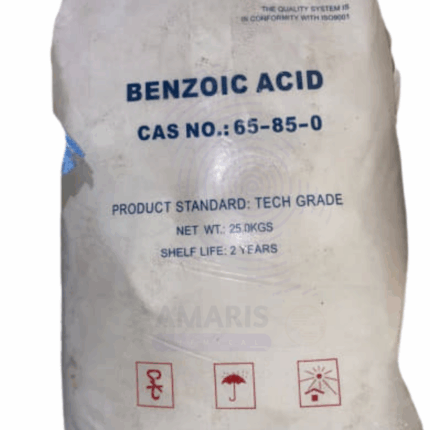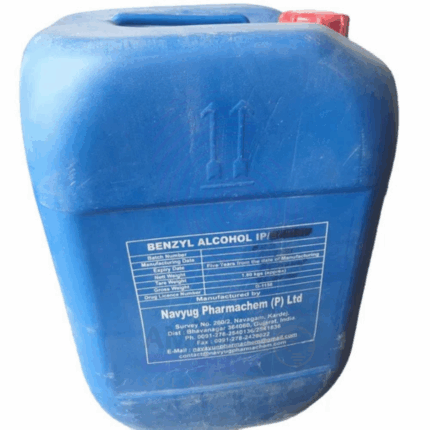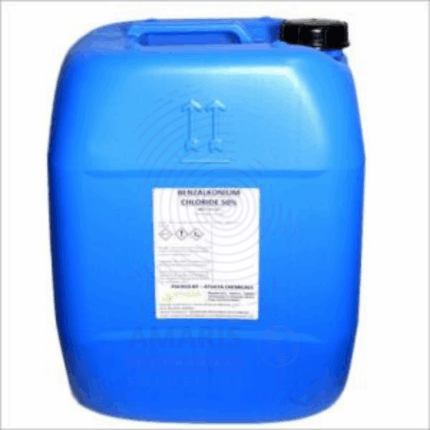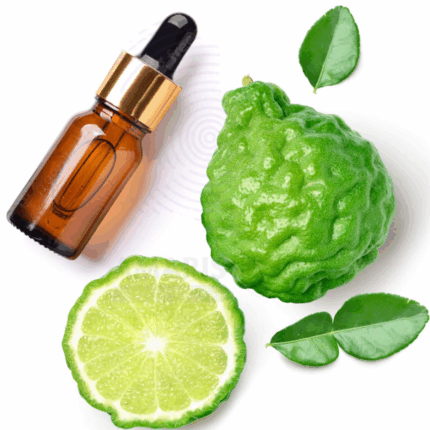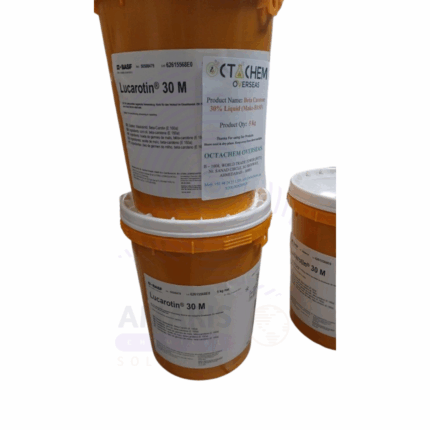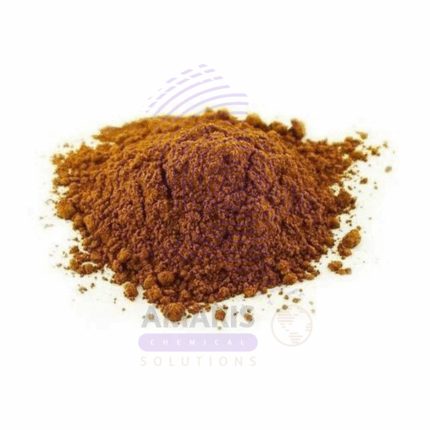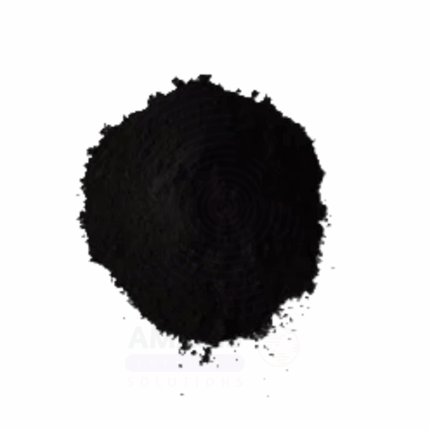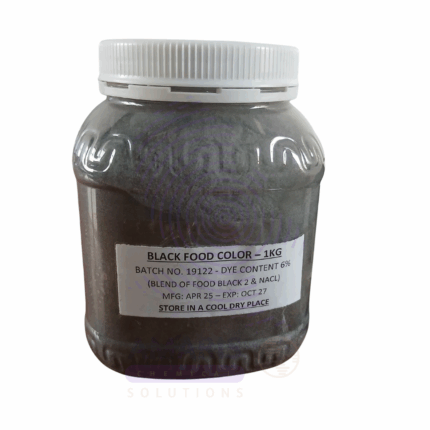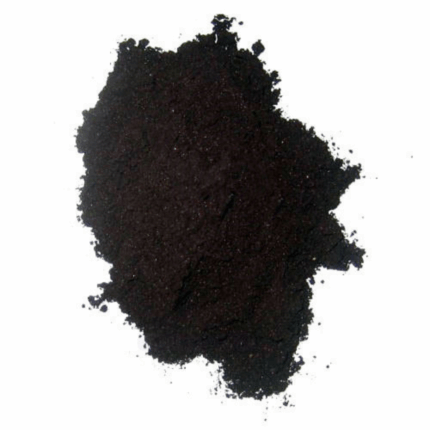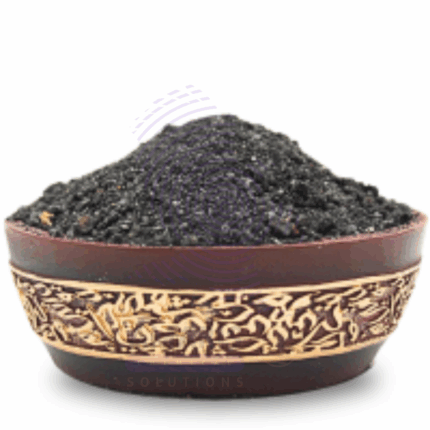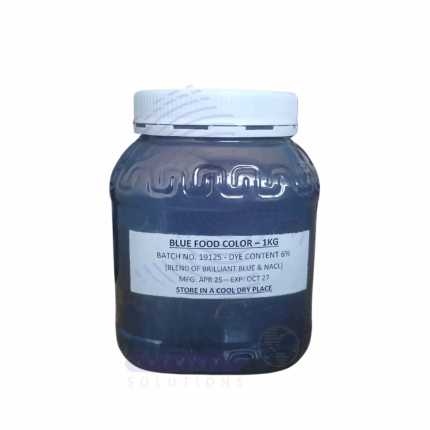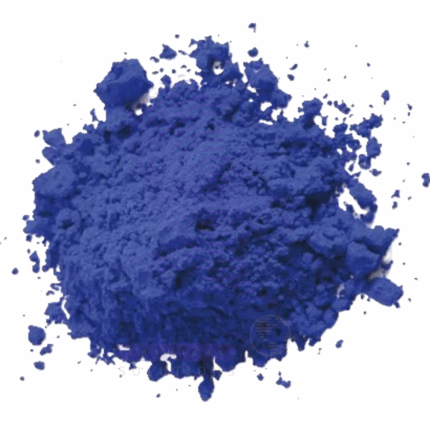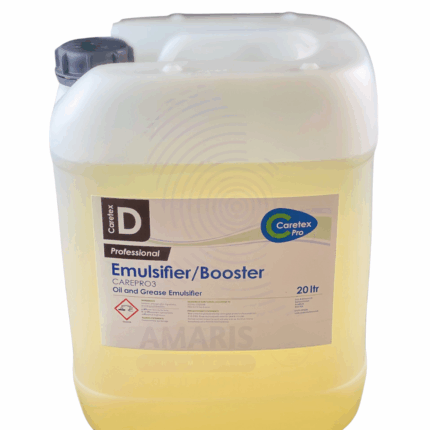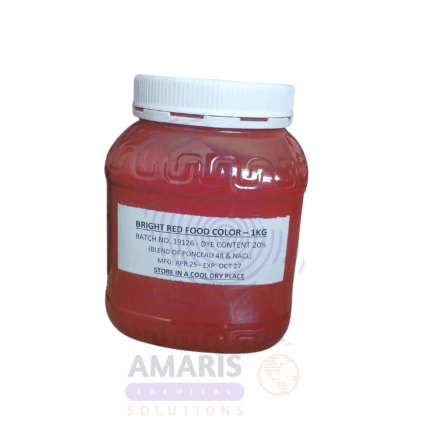
Acid Black 2 Powder
Acid Black 2 Powder is a synthetic anionic disazo dye belonging to the acid dye class, specifically formulated for intense black coloration with excellent light and wash fastness properties. This high-purity powder (100% active) exhibits superior solubility in aqueous solutions, making it particularly suitable for dyeing protein-based fibers like wool, silk, and nylon under acidic conditions. As a chromium-complex dye, it delivers enhanced color depth and improved fastness characteristics compared to non-metalized acid dyes. The powder form ensures precise dosing, consistent batch-to-batch reproducibility, and long-term stability when stored properly. Its molecular structure features sulfonic acid groups that facilitate strong ionic bonding with amino groups in fibers, resulting in vibrant, penetration-rich coloration with minimal bleeding.
Acid Oil Soya
Acid Oil Soya is a byproduct derived from the refining of soybean oil. It is a dark-colored, free fatty acid-rich liquid containing mainly oleic and linoleic acids. Acid Oil Soya is commonly used in industrial applications such as soap making, animal feed, and as a raw material in the production of biodiesel, lubricants, and other chemicals.
Adipic Acid
Aerosil 200
African Potato Extract
African Potato Extract is derived from the plant Hypoxis hemerocallidea, a medicinal plant native to southern Africa. It is commonly used in traditional African medicine for its anti-inflammatory, antioxidant, and immune-boosting properties. The active compound in the extract is hypoxoside, which is converted in the body to rooperol, a potent antioxidant. African Potato Extract is often used as a complementary treatment for conditions like arthritis, prostate issues, and certain infections, though scientific evidence on its effectiveness is still limited.
Almond Oil
Almond oil is a lightweight, nutrient-rich carrier oil extracted from the kernels of sweet almonds (Prunus dulcis). It is obtained through cold-pressing to preserve its natural vitamins, antioxidants, and fatty acids. Known for its mild, slightly nutty aroma and excellent emollient properties, almond oil is widely used in cosmetics, food, and pharmaceutical applications. It is non-irritating, easily absorbed, and offers moisturizing, anti-inflammatory, and skin-repairing benefits.
Almond Wax
Almond Wax is a natural, plant-based wax derived from the hydrogenation of almond oil (Prunus amygdalus dulcis). It is a creamy to white, semi-solid wax with a mild, nutty scent and excellent emollient properties. Almond Wax is rich in fatty acids and has a smooth, soft texture, making it ideal for use in cosmetic, personal care, and candle formulations.
Due to its gentle consistency, skin-friendly profile, and moisturizing capabilities, Almond Wax is widely used in body butters, balms, lip care products, massage bars, and artisan soaps. It functions as a natural alternative to petroleum-based waxes and provides structure, viscosity, and glide to formulations. It also finds application in soft wax blends for natural candle products.
Almond Wax
Almond Wax is a plant-based wax derived from almond oil, typically used in cosmetics and skincare products. It is known for its emollient (moisturizing) properties, helping to soften and smooth the skin. Almond wax is rich in fatty acids and vitamin E, making it suitable for sensitive or dry skin. It is often used as a natural alternative to synthetic waxes in formulations like lip balms, creams, and lotions. Additionally, it provides a smooth texture and helps to stabilize emulsions in skincare products.
Aloe Vera Gel
Aloe Vera Gel is a clear, jelly-like substance extracted from the inner leaf of the Aloe vera plant. It is widely used in skincare for its soothing, hydrating, and healing properties. Rich in vitamins (especially A, C, and E), enzymes, and amino acids, Aloe Vera Gel is commonly applied to treat sunburns, minor cuts, skin irritation, and dryness. It also has mild anti-inflammatory and antibacterial effects, making it a popular natural remedy in both cosmetic and medicinal products.
Alpha Arbutin
Alpha Arbutin is a biosynthetic active ingredient derived from hydroquinone and glucose. It is widely used in cosmetic and skincare formulations for its skin-brightening and spot-reducing properties. Alpha Arbutin inhibits tyrosinase, an enzyme involved in melanin production, thereby helping to reduce pigmentation, dark spots, and uneven skin tone. It is more stable and effective than its beta counterpart and is suitable for all skin types, including sensitive skin.
Aluminium Silicate
Aluminium silicate is an inorganic compound composed of aluminum, silicon, and oxygen, often found naturally as a major component of clay minerals such as kaolinite, halloysite, and other aluminosilicates. It is a white to off-white powder with excellent thermal stability, chemical inertness, and physical durability. Due to its wide range of physicochemical properties—including high melting point, non-toxicity, and adsorptive capabilities—aluminium silicate is extensively used across diverse industries including ceramics, paints, paper, rubber, plastics, cosmetics, and pharmaceuticals. Its unique structure imparts benefits such as heat resistance, improved mechanical strength, and anti-caking properties, making it a vital raw material in both industrial and consumer products.
Ammonium Bicarbonate
Ammonium bicarbonate is a white crystalline powder or granules with a slightly alkaline taste and a characteristic ammoniacal odor. It is a white solid that decomposes readily on heating, releasing ammonia, carbon dioxide, and water vapor. It is widely used in the food industry as a leavening agent, in chemical synthesis, and in various industrial applications. Its unique property of decomposing to release gases makes it valuable for baking and other processes where gas release is desired.
Ammonium Lactate
Ammonium Lactate is the ammonium salt of lactic acid, appearing as a clear, hygroscopic liquid or syrupy solution. It is widely used in pharmaceutical, cosmetic, and food industries primarily for its moisturizing, pH adjusting, and antimicrobial properties. In topical formulations, it acts as a keratolytic agent to help exfoliate and hydrate skin, making it popular in treatments for dry, scaly, or ichthyotic skin conditions. Its biocompatibility and mild acidic nature make it a versatile ingredient in various industrial and personal care products.
Amphoteric Surfactants
Amphoteric surfactants are unique surface-active agents that can act as either anionic or cationic surfactants depending on the pH of the solution. These molecules contain both acidic (carboxyl or sulfonic) and basic (amine or quaternary ammonium) functional groups, giving them high versatility, mildness, and compatibility with other surfactants. Amphoteric surfactants are widely used in personal care, household cleaning, industrial applications, pharmaceuticals, and specialty formulations where low irritation and effective cleansing are critical. Common examples include Cocamidopropyl Betaine and Lauryl Betaine.
Amprolium Hydrochloride BP USP
Amprolium Hydrochloride is a white, odorless, crystalline powder used primarily as a coccidiostat, which means it inhibits the growth of Eimeria species (protozoan parasites) responsible for coccidiosis in poultry and other animals. It works by mimicking thiamine (vitamin B1), thereby competitively inhibiting thiamine uptake by the parasite, disrupting its metabolism, and preventing its proliferation. Amprolium HCl is widely used in veterinary medicine, especially in poultry farming, and is often included in feed or drinking water. It complies with BP 2008 and USP 32 pharmacopeial standards.
Amylase Baking Enzyme
Amylase Baking Enzyme is a class of enzymes that catalyzes the hydrolysis of starch into sugars such as maltose and glucose. In the baking industry, amylases are widely used to improve dough handling, enhance fermentation, increase loaf volume, improve crumb softness, and extend shelf life. The enzyme is typically derived from microbial (fungal or bacterial) sources like Aspergillus oryzae or Bacillus subtilis. Commercial baking amylase products may include α-amylase, β-amylase, and glucoamylase, depending on application needs.
Apple Liquid Flavor food grade
Apple Liquid Flavor Food Grade is a high-quality, concentrated flavoring agent derived to impart the natural, sweet, and crisp taste of fresh apples. It is designed for use in food and beverage formulations, providing consistent flavor performance and stability. This liquid flavoring is soluble in water and alcohol-based systems, making it versatile for a wide range of culinary and industrial food applications including beverages, baked goods, confectionery, dairy products, and more. The product complies with food safety standards and is manufactured under strict quality controls to ensure purity and safety.
Apple Liquid Flavour Food Grade
Apple Liquid Flavour Food Grade is a high-quality, concentrated flavoring agent derived to impart the natural, sweet, and crisp taste of fresh apples. It is designed for use in food and beverage formulations, providing consistent flavor performance and stability. This liquid flavoring is soluble in water and alcohol-based systems, making it versatile for a wide range of culinary and industrial food applications including beverages, baked goods, confectionery, dairy products, and more. The product complies with food safety standards and is manufactured under strict quality controls to ensure purity and safety.
Apricot Powder
Apricot powder is a dehydrated, finely ground form of apricot fruit, retaining much of the natural flavor, aroma, and nutritional properties of fresh apricots. It is typically made by drying fresh apricots through spray drying, freeze drying, or drum drying, then milling into a fine powder. Apricot powder is rich in vitamins, minerals, dietary fiber, and antioxidants such as beta-carotene and vitamin C. It is widely used as a natural flavoring agent, colorant, and nutritional supplement in food and beverage products, as well as in cosmetics and dietary supplements. Its convenient powdered form allows for easy incorporation into dry mixes and processed goods without the perishability of fresh fruit.
Apricot Wax
Apricot Wax is a natural wax extracted from the kernels (seeds) of apricot fruit (Prunus armeniaca). It is a light, pale yellow to amber-colored wax known for its emollient, moisturizing, and film-forming properties. Apricot Wax is valued in cosmetics and personal care formulations for providing texture, stability, and a smooth, non-greasy feel. It is biodegradable, skin-friendly, and often used as a natural alternative to synthetic waxes. Derived through cold-pressing or solvent extraction, it contains natural fatty acids, esters, and vitamin E, contributing to its nourishing effects. Apricot Wax is commonly used in lip balms, creams, lotions, hair care products, and pharmaceutical ointments.
Arabic Gum
Arabic Gum, also known as Gum Acacia, is a natural gum harvested from the sap of Acacia trees, primarily Acacia senegal and Acacia seyal. It is a complex mixture of polysaccharides and glycoproteins, valued for its excellent emulsifying, stabilizing, and thickening properties. Arabic Gum is water-soluble, forms clear solutions, and is widely used in the food industry as a stabilizer and emulsifier. Additionally, it finds applications in pharmaceuticals, cosmetics, and printing industries due to its biodegradability, non-toxicity, and versatility.
Ascorbic Acid
Ascorbic Acid, commonly known as Vitamin C, is a water-soluble vitamin and potent antioxidant essential for collagen synthesis, immune function, and protection against oxidative stress. It is widely used as a nutritional supplement, food preservative, and additive to enhance shelf life and nutritional value. Naturally present in citrus fruits and various vegetables, ascorbic acid is also important in pharmaceutical, cosmetic, and animal feed industries due to its health benefits and preservative qualities.
Ashawaganha Powder
Ashawaganha Powder is derived from the dried roots of Withania somnifera, a renowned herb in Ayurvedic and traditional medicine systems. Known as Indian ginseng or winter cherry, Ashwagandha is valued for its adaptogenic properties, helping the body combat stress, enhance vitality, and support overall wellness. The powder is finely ground root material, rich in bioactive compounds such as withanolides, alkaloids, and steroidal lactones. It is widely used as a dietary supplement, in herbal formulations, cosmetics, and traditional medicine.
Ashwagandha Powder
Ashwagandha Powder is derived from the dried roots of Withania somnifera, a renowned herb in Ayurvedic and traditional medicine systems. Known as Indian ginseng or winter cherry, Ashwagandha is valued for its adaptogenic properties, helping the body combat stress, enhance vitality, and support overall wellness. The powder is finely ground root material, rich in bioactive compounds such as withanolides, alkaloids, and steroidal lactones. It is widely used as a dietary supplement, in herbal formulations, cosmetics, and traditional medicine.
Aspartame
Aspartame is a low-calorie artificial sweetener approximately 200 times sweeter than sucrose (table sugar). It is a methyl ester of the dipeptide composed of aspartic acid and phenylalanine. Due to its intense sweetness and low-calorie nature, aspartame is widely used as a sugar substitute in various food and beverage products. It is popular among consumers seeking to reduce caloric intake, especially diabetics and those on weight management programs. Aspartame breaks down at high temperatures, limiting its use in certain cooking or baking applications. It is approved by numerous global food safety authorities, including the FDA and EFSA.
Aspartame FCC IV 100 Mesh
Aspartame FCC IV 100 Mesh is a high-purity, fine crystalline powder form of aspartame, meeting Food Chemicals Codex (FCC) grade IV specifications, and ground to a 100 mesh particle size. This fine particle size improves its solubility and dispersibility in beverages and other formulations. Aspartame is an intense artificial sweetener approximately 200 times sweeter than sucrose. It is widely used as a low-calorie sugar substitute in various food, beverage, pharmaceutical, and personal care products. This form is preferred for applications requiring rapid dissolution and uniform sweetness.
Atropine Sulphate
Atropine Sulphate is a crystalline, water-soluble alkaloid salt derived from the belladonna plant (Atropa belladonna) and other Solanaceae family members. It is a tropane alkaloid with potent anticholinergic properties, widely used in medicine for its ability to block muscarinic acetylcholine receptors. Atropine Sulphate is employed in ophthalmology, emergency medicine, and anesthesia for its effects on the eyes, heart, and smooth muscles. It acts by inhibiting parasympathetic nerve impulses, resulting in pupil dilation, increased heart rate, and reduced gland secretions.
Avobenzone
Avobenzone (chemical name: Butyl Methoxydibenzoylmethane) is an oil-soluble organic compound widely used as a UVA filter in sunscreen formulations. It is valued for its ability to absorb a broad spectrum of ultraviolet A (UVA) rays (320–400 nm), protecting the skin from premature aging and damage caused by sun exposure. Avobenzone is often combined with other UV filters to provide broad-spectrum sun protection. It is a pale yellow liquid or crystalline powder, soluble in oils and alcohols but unstable in sunlight unless stabilized with other agents.
Avocado Wax
Avocado wax is a natural plant-derived wax extracted primarily from the pulp and seed of the avocado fruit (Persea americana). It appears as a hard, yellowish wax with excellent emollient, film-forming, and moisturizing properties. Valued for its biodegradability, compatibility with various formulations, and sustainability, avocado wax is widely used as a natural alternative to synthetic waxes in cosmetics, pharmaceuticals, food, and industrial applications.
Bakery Salt
Bakery salt is a finely ground, food-grade salt specifically processed for use in baking and food preparation. It is characterized by its purity, consistent grain size, and minimal additives to ensure it blends evenly in doughs and batters. Bakery salt enhances flavor, improves dough texture, controls yeast fermentation, and extends the shelf life of baked goods. Due to its fine granules, it dissolves quickly and evenly, making it ideal for commercial and home baking applications.
Banana Powder Flavour Food Grade
Banana Powder Flavour Food Grade is a premium food-grade powdered flavoring agent that delivers the sweet, creamy, and natural aroma of ripe bananas. It is designed for easy incorporation into dry food products, beverages, and culinary mixes. The powder form offers excellent stability, ease of handling, and uniform dispersion, making it ideal for bakery products, confectionery, snacks, and powdered drink mixes. This flavor maintains its potency and aroma even under high-temperature processing and extended storage.
Beeswax
Beeswax is a natural wax produced by honeybees of the genus Apis. It is secreted by worker bees from specialized glands and used to build honeycomb cells. Beeswax is a complex mixture of esters, fatty acids, and hydrocarbons, characterized by a pale yellow to brown color, a pleasant honey-like aroma, and a firm yet pliable texture. It has excellent emulsifying, binding, and protective properties, making it widely used in cosmetics, pharmaceuticals, food, and industrial applications. Beeswax is prized for its natural origin, biodegradability, and skin-friendly characteristics.
Bentonite Powder
Bentonite powder is a naturally occurring absorbent clay primarily composed of montmorillonite, a type of smectite clay mineral. It exhibits excellent swelling and water absorption properties, making it highly versatile in industrial and commercial applications. Bentonite forms a gel-like substance when mixed with water, which imparts viscosity and plasticity. It is used extensively for its binding, sealing, and adsorptive characteristics. Its fine powder form allows for easy incorporation in various processes including drilling, foundry, cosmetics, pharmaceuticals, and agriculture.
Benzoic Acid
Benzoic Acid is a white crystalline solid with a faint, pleasant odor, classified as a simple aromatic carboxylic acid. It is widely used as a food preservative, antimicrobial agent, and chemical intermediate. Naturally occurring in many plants, it is commercially produced through oxidation of toluene or extraction from natural sources. Benzoic acid is valued for its ability to inhibit the growth of mold, yeast, and certain bacteria, making it essential in food preservation and cosmetic formulations. It also serves as a precursor in the manufacture of various pharmaceuticals, dyes, and plasticizers.
Benzyl Alcohol
Benzyl Alcohol is an aromatic alcohol with a mild pleasant odor and clear, colorless liquid appearance. It serves as a versatile solvent, preservative, and intermediate in chemical synthesis. Benzyl Alcohol is widely used across pharmaceuticals, cosmetics, paints, coatings, and as a bacteriostatic agent in injectable drugs. Its relatively low toxicity and good solvent properties make it valuable in both industrial and consumer products.
Benzyl Konium Chloride
Benzyl Konium Chloride (BAC) 50% is a quaternary ammonium compound with potent antimicrobial and disinfectant properties. It is a cationic surfactant widely used for its bactericidal, fungicidal, and virucidal effects. This clear to pale yellow liquid concentrate is highly soluble in water and is commonly used in healthcare, sanitation, and industrial hygiene applications. BAC 50% solutions serve as active ingredients in disinfectants, sanitizers, and antiseptics due to their effectiveness against a broad spectrum of microorganisms.
Bergamont oil
Bergamont oil is a cold-pressed essential oil extracted from the rind of the Citrus bergamia fruit. It possesses a fresh, citrusy, and slightly floral aroma with uplifting qualities. The oil is photosensitive due to its furocoumarin content and is widely valued in perfumery, aromatherapy, and flavoring. It is known for its calming effects on the mind, skin-balancing properties, and use as a natural flavor enhancer.
Beta Carotene
Beta Carotene is a concentrated formulation of beta carotene, a naturally occurring red-orange pigment found in plants and fruits. It is a precursor to vitamin A and a potent antioxidant that helps protect cells from oxidative damage. This product, typically suspended in an oil base or suitable carrier, is widely used as a natural colorant, nutritional supplement, and cosmetic ingredient. Beta Carotene 30% SUN offers enhanced stability under sunlight exposure, making it ideal for food, feed, and cosmetic applications where light stability is critical.
Bismark
Bismark is a synthetic water-soluble dye known for its intense dark blue to black coloration, widely used in textile dyeing, printing, and laboratory applications. It provides excellent colorfastness, brightness, and uniform dispersion in aqueous systems. This dye is favored for its stability across a broad pH range and its strong affinity for protein and synthetic fibers, making it valuable in industrial, cosmetic, pharmaceutical, and research settings.
Black 7 Dye
Black 7 Dye, also known as CI 26150 or D&C Black No. 7, is a synthetic black pigment primarily composed of carbon-based aromatic compounds. It is a high-purity, oil-dispersible colorant derived from oxidized aniline and related intermediates. Known for its intense black shade and strong tinting strength, Black 7 Dye is widely used in the cosmetics, personal care, pharmaceutical, and specialty colorant industries.
This dye is chemically stable, lightfast, and compatible with oils, esters, waxes, and synthetic bases, making it suitable for both leave-on and rinse-off formulations. It is particularly favored in products requiring bold color expression, such as eye makeup, hair dyes, and tattoo inks. Surface-treated forms are also available to enhance dispersibility and formulation compatibility.
Black Color Water Soluble
Black Color Water Soluble is a synthetic dye known for its excellent water solubility and intense black coloration. It is widely used in textile dyeing, leather processing, cosmetics, food and beverage coloring, pharmaceutical applications, paints, and laboratory uses. This dye offers good stability across various pH ranges and ensures consistent, uniform color in aqueous systems. Its versatility makes it essential in many industrial, scientific, and commercial applications.
Black Five 5 Pigment
Black Five 5 Pigment is a high-quality synthetic pigment known for its intense, deep black coloration and excellent opacity. It is widely used in various industrial applications due to its outstanding color strength, stability, and resistance to heat, light, and chemicals. This pigment offers superior dispersibility in multiple media, making it ideal for use in paints, coatings, plastics, inks, and rubber products.
Black Five (5) Pigment delivers rich black tones with excellent durability, providing long-lasting color performance in demanding environments. Its non-toxic nature and compatibility with a wide range of formulations make it a preferred choice for both industrial and artistic applications.
Black Jawi
Black Jawi is a natural, mineral-rich volcanic sand or powder, traditionally harvested from volcanic regions. Its high content of silica, iron oxides, magnesium, and trace minerals makes it a versatile material for agriculture, construction, cosmetics, and industrial applications. Packaged in 30kg bulk quantities, it is ideal for large-scale projects requiring durability, soil enhancement, or therapeutic properties.
Blue Color Water Soluble
Blue Color Water Soluble is a synthetic dye that dissolves readily in water, producing a vivid blue hue with excellent clarity and uniformity. It is widely used in textile dyeing, food and beverage coloring, cosmetics, pharmaceutical formulations, paints, and laboratory applications. The dye maintains stability across a broad pH range and provides consistent, bright coloration in aqueous systems. Its versatility makes it suitable for industrial, research, and commercial uses requiring a water-soluble blue pigment.
Blue Dye
Blue Dye is a water-soluble synthetic dye solution with 6% active dye content, providing a vivid blue coloration for various industrial applications. It is formulated for easy dispersion in aqueous systems and offers consistent color strength and stability. This dye is widely used in textile dyeing, paper coloring, cosmetics, and cleaning products.
Blueberry Toppings
Blueberry Toppings are sweet, fruit-based condiment preparations made primarily from blueberries, sugar, and thickening agents. They are characterized by a vibrant blue-purple color, fruity aroma, and a sweet-tart flavor profile. Typically semi-viscous with chunks or pureed pieces of blueberry, these toppings are used as finishing ingredients in desserts, breakfast foods, and beverages. Blueberry toppings may be prepared as preserves, syrups, or glazes and often contain natural flavors and preservatives to enhance shelf life and sensory appeal.
Bright Red Color Water Soluble
Bright Red Color Water Soluble is a synthetic water-soluble dye known for its vivid, intense red hue and excellent clarity in aqueous solutions. It dissolves readily in water, offering uniform dispersion and strong colorfastness across a wide pH range. This dye is widely used in textile dyeing, food and beverage coloring, cosmetics, pharmaceuticals, paints, and laboratory settings. Its chemical stability and bright coloration make it suitable for industrial, research, and commercial applications requiring reliable red pigmentation in water-based systems.


 Preservatives(food)
Preservatives(food) Flavor Enhancers
Flavor Enhancers Acidulants
Acidulants Sweeteners
Sweeteners Antioxidants
Antioxidants Colorants(food)
Colorants(food) Nutraceutical Ingredients (food)
Nutraceutical Ingredients (food) Nutrient Supplements
Nutrient Supplements Emulsifiers
Emulsifiers
 Collectors
Collectors Dust Suppressants
Dust Suppressants Explosives and Blasting Agents
Explosives and Blasting Agents Flocculants and Coagulants
Flocculants and Coagulants Frothers
Frothers Leaching Agents
Leaching Agents pH Modifiers
pH Modifiers Precious Metal Extraction Agents
Precious Metal Extraction Agents
 Antioxidants(plastic)
Antioxidants(plastic) Colorants (Pigments, Dyes)
Colorants (Pigments, Dyes) Fillers and Reinforcements
Fillers and Reinforcements Flame Retardants
Flame Retardants Monomers
Monomers Plasticizers
Plasticizers Polymerization Initiators
Polymerization Initiators Stabilizers (UV, Heat)
Stabilizers (UV, Heat)
 Antifoaming Agents
Antifoaming Agents Chelating Agents
Chelating Agents Coagulants and Flocculants
Coagulants and Flocculants Corrosion Inhibitors
Corrosion Inhibitors Disinfectants and Biocides
Disinfectants and Biocides Oxidizing Agents
Oxidizing Agents pH Adjusters
pH Adjusters Scale Inhibitors( water)
Scale Inhibitors( water)
 Antioxidants(cosmetic)
Antioxidants(cosmetic) Emollients
Emollients Fragrances and Essential Oils
Fragrances and Essential Oils Humectants
Humectants Preservatives
Preservatives Surfactants(cosmetic)
Surfactants(cosmetic) Thickeners
Thickeners UV Filters
UV Filters
 Fertilizers
Fertilizers Soil Conditioners
Soil Conditioners Plant Growth Regulators
Plant Growth Regulators Animal Feed Additives
Animal Feed Additives Biostimulants
Biostimulants Pesticides (Herbicides, Insecticides, Fungicides)
Pesticides (Herbicides, Insecticides, Fungicides)
 Active Pharmaceutical Ingredients (APIs)
Active Pharmaceutical Ingredients (APIs) Excipients
Excipients Solvents(pharmaceutical)
Solvents(pharmaceutical) Antibiotics
Antibiotics Antiseptics and Disinfectants
Antiseptics and Disinfectants Vaccine Adjuvants
Vaccine Adjuvants Nutraceutical Ingredients (pharmaceutical)
Nutraceutical Ingredients (pharmaceutical) Analgesics & Antipyretics
Analgesics & Antipyretics
 Analytical Reagents
Analytical Reagents Solvents(lab)
Solvents(lab) Chromatography Chemicals
Chromatography Chemicals Spectroscopy Reagents
Spectroscopy Reagents microbiology-and-cell-culture-reagents
microbiology-and-cell-culture-reagents Molecular Biology Reagents
Molecular Biology Reagents Biochemical Reagents
Biochemical Reagents Inorganic and Organic Standards
Inorganic and Organic Standards Laboratory Safety Chemicals
Laboratory Safety Chemicals Specialty Laboratory Chemicals(Special Laboratory Equipment)
Specialty Laboratory Chemicals(Special Laboratory Equipment)
 Demulsifiers
Demulsifiers Hydraulic Fracturing Fluids
Hydraulic Fracturing Fluids Scale Inhibitors(oil)
Scale Inhibitors(oil) Surfactants(oil)
Surfactants(oil) Drilling Fluids
Drilling Fluids
 Dyes and Pigments
Dyes and Pigments Bleaching Agents
Bleaching Agents Softening Agents
Softening Agents Finishing Agents
Finishing Agents Antistatic Agents
Antistatic Agents
 Admixtures
Admixtures Waterproofing Agents
Waterproofing Agents Sealants and Adhesives
Sealants and Adhesives Curing Compounds
Curing Compounds Concrete Repair Chemicals
Concrete Repair Chemicals Anti-Corrosion Coatings
Anti-Corrosion Coatings
 Surfactants(cleaning)
Surfactants(cleaning) Builders
Builders Enzymes
Enzymes Solvents (Cleaning)
Solvents (Cleaning) Fragrances
Fragrances
 Electronic Chemicals
Electronic Chemicals Catalysts
Catalysts Lubricants
Lubricants Photographic Chemicals
Photographic Chemicals Refrigerants
Refrigerants Automotive chemicals
Automotive chemicals Pyrotechnic Chemicals
Pyrotechnic Chemicals
 Biodegradable Surfactants
Biodegradable Surfactants Bio-based Solvents
Bio-based Solvents Renewable Polymers
Renewable Polymers Carbon Capture Chemicals
Carbon Capture Chemicals Wastewater Treatment Chemicals
Wastewater Treatment Chemicals
 Pigments
Pigments Solvents(paint)
Solvents(paint) Specialty Coatings
Specialty Coatings Binders/Resins
Binders/Resins Additives
Additives Driers
Driers Anti-Corrosion Agents
Anti-Corrosion Agents Functional Coatings
Functional Coatings Application-Specific Coatings
Application-Specific Coatings
 Fresh Herbs
Fresh Herbs Ground Spices
Ground Spices Whole Spices
Whole Spices Spice Blends
Spice Blends Dried Herbs
Dried Herbs
 Leavening Agents
Leavening Agents Dough Conditioners
Dough Conditioners Flour Treatments
Flour Treatments Fat Replacers
Fat Replacers Decoratives
Decoratives Preservatives(baking)
Preservatives(baking)
 Plasticizers & Softeners
Plasticizers & Softeners Reinforcing Agents
Reinforcing Agents Adhesion Promoters
Adhesion Promoters Vulcanizing Agents
Vulcanizing Agents Antidegradants
Antidegradants Blowing Agents
Blowing Agents Fillers & Extenders
Fillers & Extenders Accelerators & Retarders
Accelerators & Retarders

















